
Culture
17:31, 03-May-2019
The 'lost city' with complete memories: Mosque City of Bagerhat
Wang Le
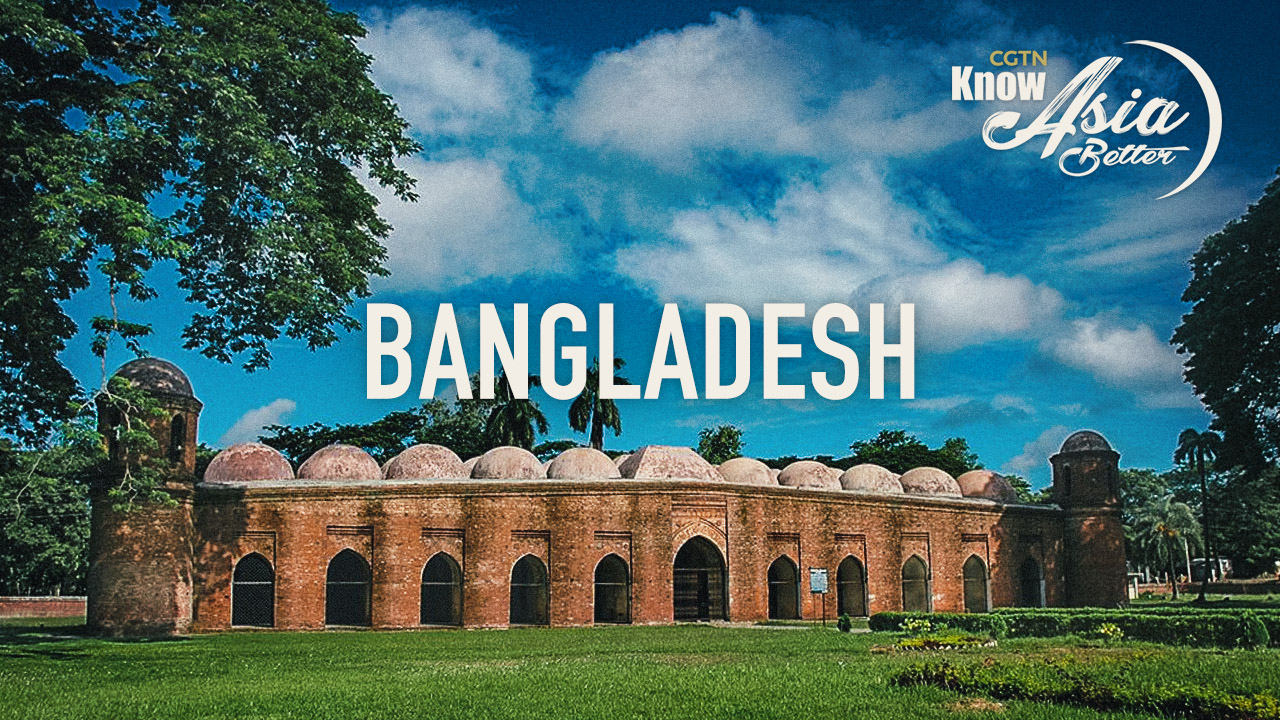
Situated in the Bagerhat District in southwestern Bangladesh, the Mosque City of Bagerhat is significant proof of the presence of Muslim architecture in Bengal in ancient times.
Established in the 15th century by the Turkish general Ulugh Khan Jahan, the city, formerly known as Khalifatabad, has preserved all the attributes of a medieval Islamic city. It boasts 360 mosques, mausoleums, public buildings, bridges, roads and water tanks in a 50-square-kilometer area.
Forbes listed it as one of the “15 lost cities of the world.” It was once covered up by jungle after the death of its founder in 1459 and discovered centuries later.
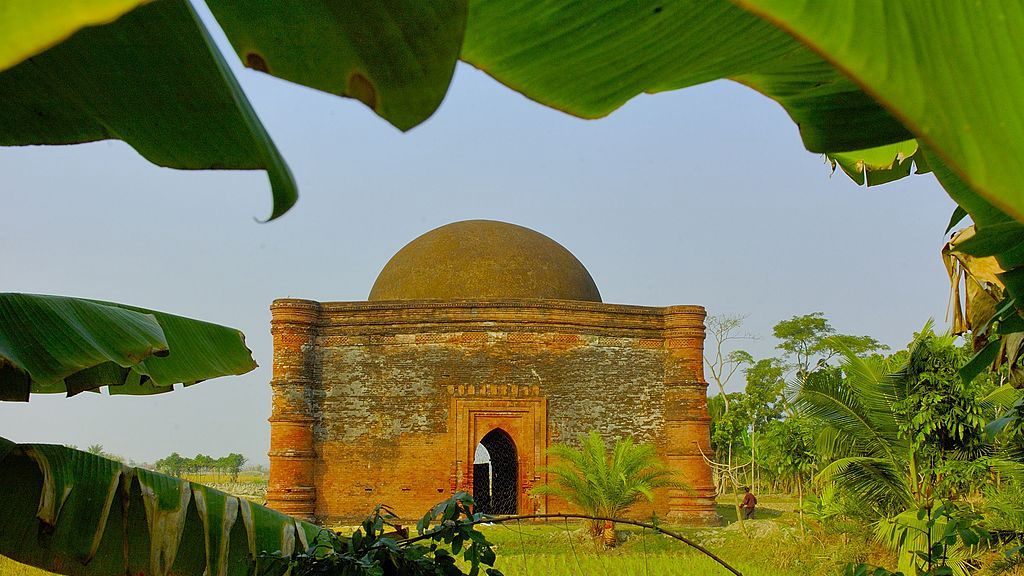
Chuna Khola Mosque is a single-domed square mosque, located about a mile away from Shait-Gumbad. /VCG Photo
Chuna Khola Mosque is a single-domed square mosque, located about a mile away from Shait-Gumbad. /VCG Photo
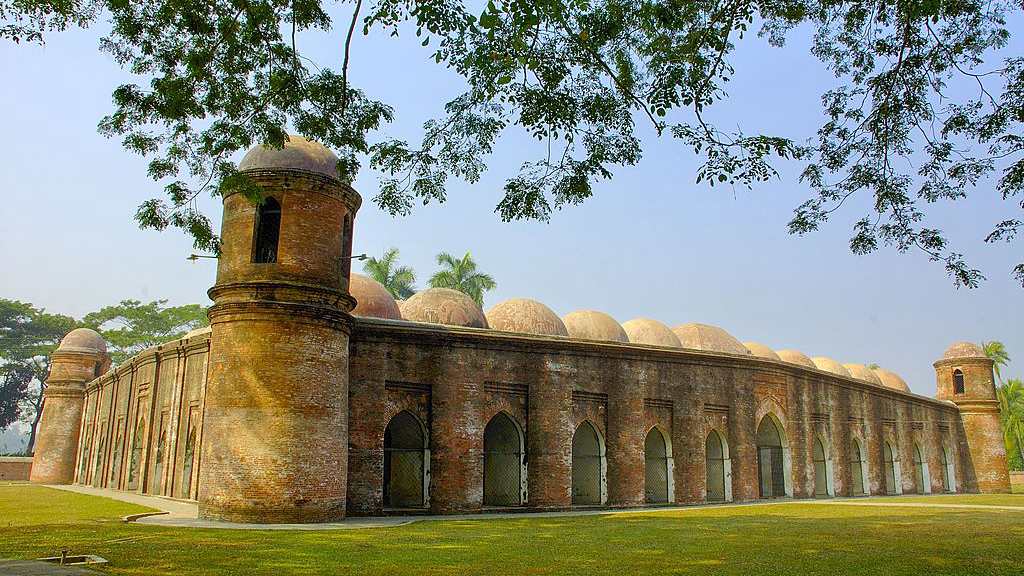
Shait-Gumbad is one of the largest mosques in the country. /VCG Photo
Shait-Gumbad is one of the largest mosques in the country. /VCG Photo
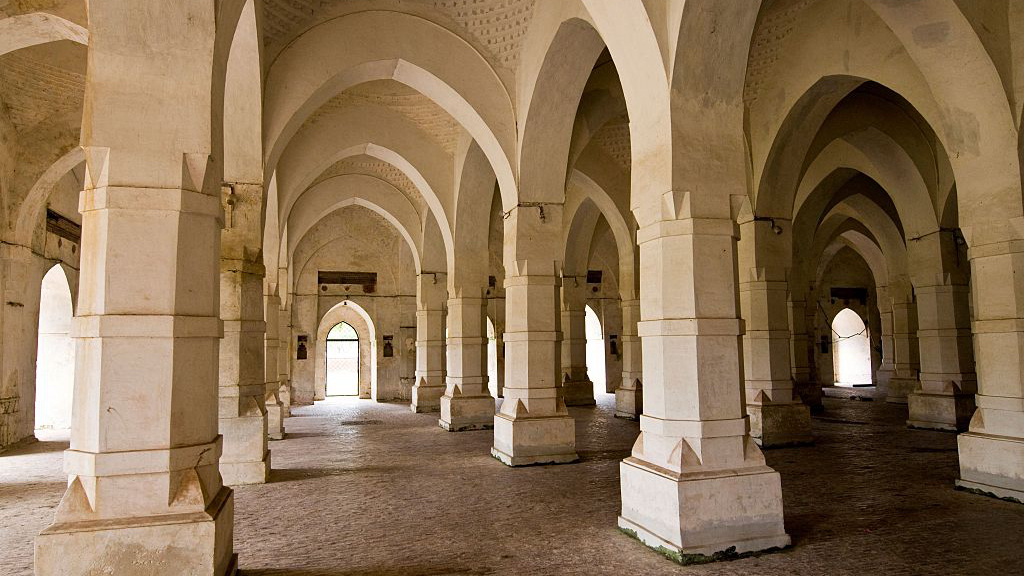
Shait-Gumbad is one of its kind in Bengal. /VCG Photo
Shait-Gumbad is one of its kind in Bengal. /VCG Photo
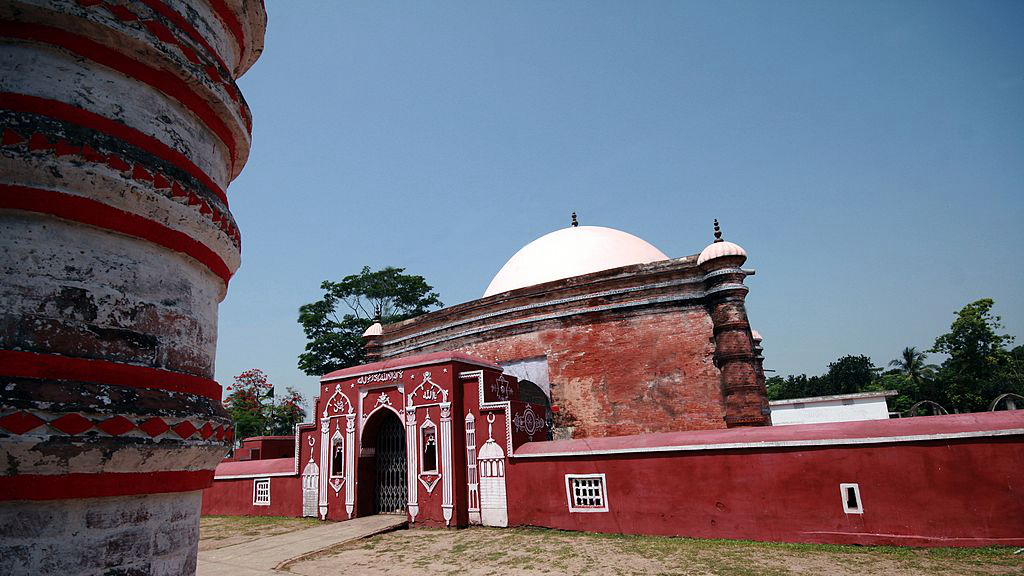
The tomb of Khan Jahan. /VCG Photo
The tomb of Khan Jahan. /VCG Photo
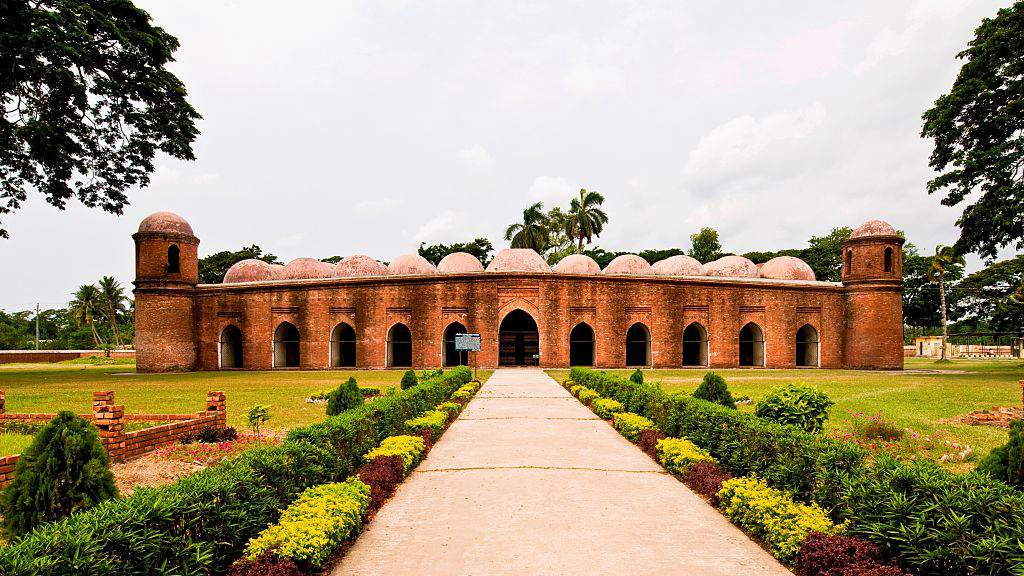
The city built in the 15th century has well preserved the attributes of a medieval city. /VCG Photo
The city built in the 15th century has well preserved the attributes of a medieval city. /VCG Photo
Among the mosques in the city, Shait-Gumbad, also known as the Sixty Pillar Mosque, is one of the oldest and largest mosques in Bangladesh. With 60 pillars and 81 domes, it is the only mosque in Bengal that has such unique style.
Khan Jahan's tomb is also an important monument. The city's founder's death in 1459 is recorded in an inscription on the tombstone. It is well preserved and now a popular pilgrimage site, with hundreds of visitors coming here daily to pay their tribute to the saint.
According to UNESCO, the unique architectural style that the site displays is known as Khan-e-Jahan and is the only known example in architectural history. The city was inscribed on the World Heritage List by UNESCO in 1985.
What are the cultural elements that best represent Asia? Follow up the "Know Asia Better" series. It will offer you a glimpse of 47 Asian countries, through architecture, art or cultural figures to show you a diversified Asia that you may never have noticed before. Themed in the exchanges and mutual learning among Asian civilizations and building a community with a share future for mankind, the Conference on Dialogue of Asian Civilizations will be held in Beijing in May.
(Cover photo from VCG and redesigned by Fan Chenxiao)

SITEMAP
Copyright © 2018 CGTN. Beijing ICP prepared NO.16065310-3
Copyright © 2018 CGTN. Beijing ICP prepared NO.16065310-3